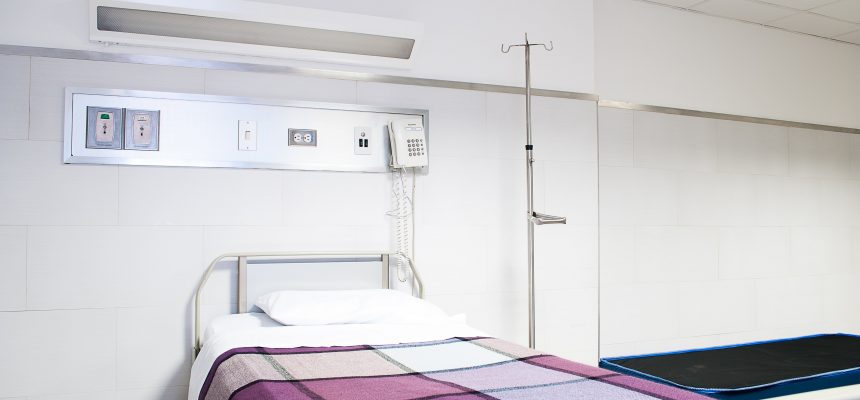Medical System Fails Consumers with Long COVID
By Consumers for Quality Care, on April 27, 2022

In a recent article, The Washington Post highlighted the dysfunction of the U.S. health care system when it comes to treating and caring for consumers with long COVID, leaving most of them struggling to navigate a maze of doctors and diagnoses on their own.
While many of the country’s top medical centers have set up multidisciplinary clinics to see long-haul patients, advocates say there aren’t nearly enough to handle the millions of consumers expected to be dealing with lingering issues from COVID-19 in coming years.
“The cohort of patients with long Covid will face a difficult and tortuous experience with our multispecialty, organ-focused health care system, in light of the complex and ambiguous clinical presentation,” Steven Phillips, vice president of science and strategy at the Covid Collaborative, a coalition of experts, and Michelle Williams, dean of the Harvard T.H. Chan School of Public Health, wrote in a recent perspective piece in the New England Journal of Medicine.
Post-infectious syndromes, first described in the 19th century, are among the most mystifying and controversial areas of medical science, with generations of doctors dismissing symptoms as mostly psychological. Now with long COVID, research is finally beginning to take off. The National Institutes of Health last year launched a $1.15 billion initiative to better understand long COVID, which will include 40,000 adults and children. Post-COVID clinics are also opening across the nation, making so many consumers feel like they are being heard for the first time.
As many as 23 million Americans are suffering from long-COVID, with 1 million out of work. The current approach to medicine must evolve to meet the needs of consumers who suffer from long-COVID. CQC also calls on decisionmakers to work to ensure that long-term COVID patients aren’t saddled with overwhelming medical debt when they seek treatment.




